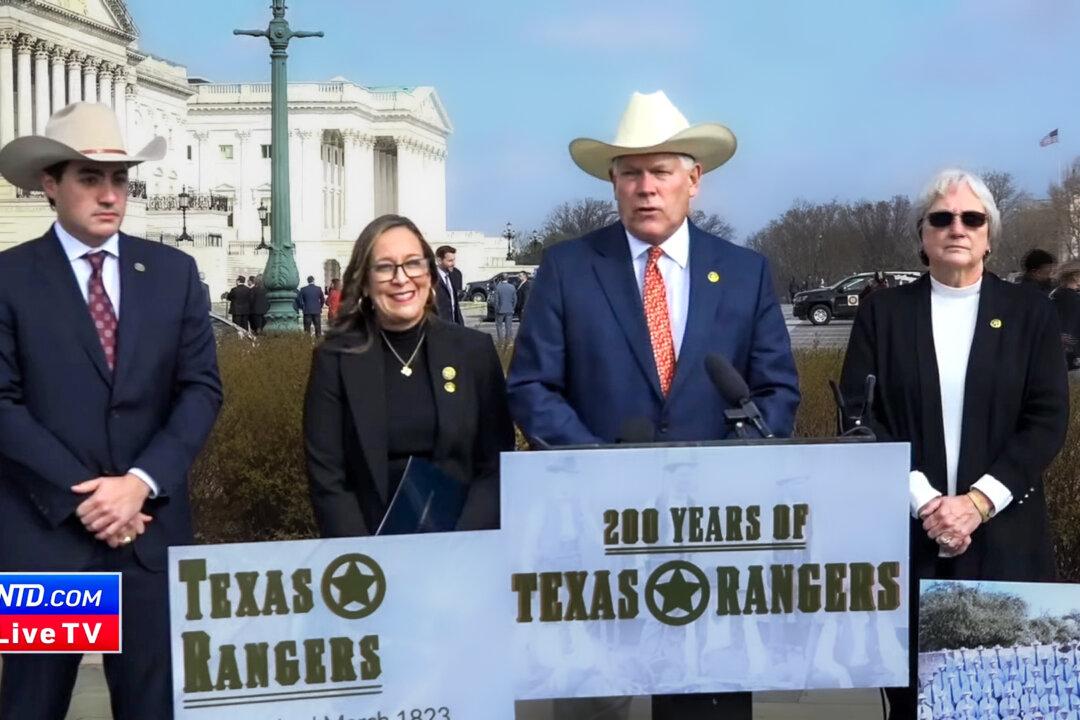Taxpayers fear having to talk to the IRS, Medicare patients hate appealing coverage decisions, and beneficiaries dread dealing with the Social Security Administration, but one group that apparently has nothing to fear from the government is labor unions representing federal civil service workers.
An analysis by Americans for Fair Treatment (AFFT) of Federal Labor Relations Authority (FLRA) data found less than one percent of the more than 1,200 government worker complaints filed between December 2015 and December 2022 resulted in any kind of adverse action against civil service employee unions.





